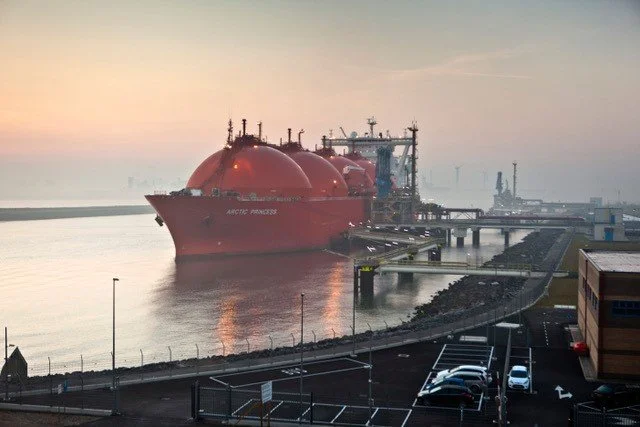Activism, the cost-of-living crisis, and the coming Winter of discontent.
29 August 2022
Since the Russian invasion of Ukraine in late February, everything from consumer goods, to fuel, to heating, has become increasingly expensive for companies and consumer alike. With the Summer over and staring down the Autumn and Winter in Europe and the West, heating prices will compound the cost-of-living crisis. As most wages will fail to follow the inflation, industrial action disrupting the supply-chains over the Autumn and Winter of 2022/23 is becoming very likely.
By Kristian Bischoff, Europe and Russia analyst
On 21 August 2022, Felixstowe, the busiest port in the UK handling almost 50% of UK container traffic, saw work ground to a crawl as 1.900 port workers began an eight-day strike. The union representing the port workers had negotiated salaries with the port over the Summer, but as the parties failed to find common ground, the picket lines started forming on 21 August. During the negotiations, the union had been offered a 7% pay rise for its members, including a payment of 500 British pounds. While initially sounding like a fair increase in wages, the union had rejected the offer for one simple reason; inflation, which for the UK is currently at 9,4%.
The above case is far from isolated. Even as societies still reeling from the Covid19 pandemic, economic issues are currently sweeping Europe, driven by rising costs of fuel and energy, inflation, and overall cost of living.
While the current situation has been compounded by several factors, the remaining issues of Covid-19 included, the Russian assault on Ukraine on 24 FEB and six months of war is central. One derived impact from the conflict came from the simple fact we are witnessing the first full-scale, inter-state war for on the continent for decades, rattling the economy and outlook – as well as the aggressor is in direct opposition to the West and NATO, further complicating the security situation. Another impact came with the sanctions – most notably Europe and the West significantly limiting Russian gas and energy imports, leading to price hikes on everything from heating of homes to costs at the fuel pumps. Fuel costs have led to price increases across several sectors, as production and transport of goods and wares have become more expensive for companies, driving up cost of living and expenses for regular people.
Even as Europe has experienced one of the warmest summers on record, heating has remained at the forefront of economic distress, as Europe has previously imported 40% of its natural gas from Russia. Several nations have scrambled to find alternatives, compensate consumers, and fill the storage facilities ahead of Autumn and Winter ahead for 2022/23. However, with a resolution to the Russo-Ukrainian War nowhere in sight, and energy exports being increasingly weaponized by Putin and Russia, heating, energy, and fuel prices will start to bite.
All the above will likely lead to an increase in protests and activism. Many sectors will experience demands from unions and employees for cost-of-living and wage adjustments as inflation increase. The transport sector is especially vulnerable to this, as fuel and operational costs will be a compounding factor on top of employee demands. This is echoing the conditions that sparked the highly disruptive Yellow-Vest protests in 2018-19. Environmental activism will continue to lead to protests and direct action, mainly against the energy sector, as the reliance on Russian carbon-based fuels and the subsequent crisis is used to make further demands to shift to green energy sources.
Politically, we might also see further disruptions and issues. The energy and cost-of-living crisis was dominant in the French presidential and general elections over the Spring and Summer, and the Italian government was dissolved in July over the handling of rising costs for regular citizens, with new elections in late September.
Back in Felixstowe, the situation remains unresolved. It is calculated that some €4,7billion in cargo will has been affected, and the strike will cause more disruption to an already strained and congested European supply-chain. With more uncertain economic times ahead, this will likely not improve in the short-term.
RELATED WEBINAR:
Want to know more? Get access to our complete European logistics update webinar:
Check out our LandRisk Manager Steve Bacot’s webinar. He discussed various cargo theft hotspots and other security threats to the supply chain with specific area updates and provided a look ahead at potential security issues for the remainder of 2022.


